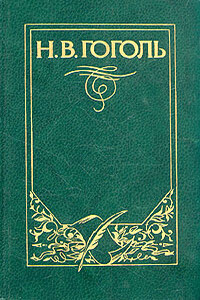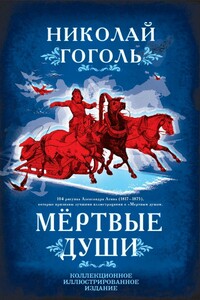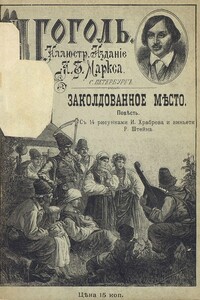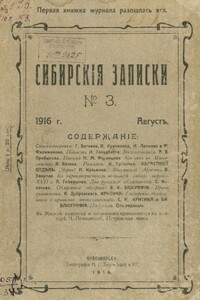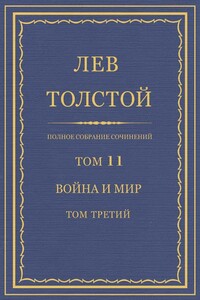|
| "Is there really nothing with which they can prolong life? | - Неужели они, однако ж, совсем не нашли, чем пробавить жизнь? |
| If a man is driven to extremities, he must feed on what he has hitherto despised; he can sustain himself with creatures which are forbidden by the law. Anything can be eaten under such circumstances." | Если человеку приходит последняя крайность, тогда, делать нечего, он должен питаться тем, чем дотоле брезговал; он может питаться теми тварями, которые запрещены законом, все может тогда пойти в снедь. |
| "They have eaten everything," said the Tatar, "all the animals. | - Все переели, - сказала татарка, - всю скотину. |
| Not a horse, nor a dog, nor even a mouse is to be found in the whole city. | Ни коня, ни собаки, ни даже мыши не найдешь во всем городе. |
| We never had any store of provisions in the town: they were all brought from the villages." | У нас в городе никогда не водилось никаких запасов, все привозилось из деревень. |
| "But how can you, while dying such a fearful death, still dream of defending the city?" | - Но как же вы, умирая такою лютою смертью, все еще думаете оборонить город? |
| "Possibly the Waiwode might have surrendered; but yesterday morning the commander of the troops at Buzhana sent a hawk into the city with a note saying that it was not to be given up; that he was coming to its rescue with his forces, and was only waiting for another leader, that they might march together. | - Да, может быть, воевода и сдал бы, но вчера утром полковник, который в Буджаках, пустил в город ястреба с запиской, чтобы не отдавали города; что он идет на выручку с полком, да ожидает только другого полковника, чтоб идти обоим вместе. |
| And now they are expected every moment. But we have reached the house." | И теперь всякую минуту ждут их... Но вот мы пришли к дому. |
| Andrii had already noticed from a distance this house, unlike the others, and built apparently by some Italian architect. | Андрий уже издали видел дом, непохожий на другие и, как казалось, строенный каким-нибудь архитектором итальянским. |
| It was constructed of thin red bricks, and had two stories. | Он был сложен из красивых тонких кирпичей в два этажа. |
| The windows of the lower story were sheltered under lofty, projecting granite cornices. The upper story consisted entirely of small arches, forming a gallery; between the arches were iron gratings enriched with escutcheons; whilst upon the gables of the house more coats-of-arms were displayed. | Окна нижнего этажа были заключены в высоко выдавшиеся гранитные карнизы; верхний этаж состоял весь из небольших арок, образовавших галерею; между ними видны были решетки с гербами. На углах дома тоже были гербы. |
| The broad external staircase, of tinted bricks, abutted on the square. | Наружная широкая лестница из крашеных кирпичей выходила на самую площадь. |
| At the foot of it sat guards, who with one hand held their halberds upright, and with the other supported their drooping heads, and in this attitude more resembled apparitions than living beings. | Внизу лестницы сидело по одному часовому, которые картинно и симметрически держались одной рукой за стоявшие около них алебарды, а другою подпирали наклоненные свои головы, и, казалось, таким образом, более походили на изваяния, чем на живые существа. |
| They neither slept nor dreamed, but seemed quite insensible to everything; they even paid no attention to who went up the stairs. | Они не спали и не дремали, но, казалось, были нечувствительны ко всему: они не обратили даже внимания на то, кто всходил по лестнице. |
| At the head of the stairs, they found a richly-dressed warrior, armed cap-a-pie, and holding a breviary in his hand. | На верху лестницы они нашли богато убранного, всего с ног до головы вооруженного воина, державшего в руке молитвенник. |
| He turned his dim eyes upon them; but the Tatar spoke a word to him, and he dropped them again upon the open pages of his breviary. | Он было возвел на них истомленные очи, но татарка сказала ему одно слово, и он опустил их вновь в открытые страницы своего молитвенника. |
| They entered the first chamber, a large one, serving either as a reception-room, or simply as an ante-room; it was filled with soldiers, servants, secretaries, huntsmen, cup-bearers, and the other servitors indispensable to the support of a Polish magnate's estate, all seated along the walls. |


